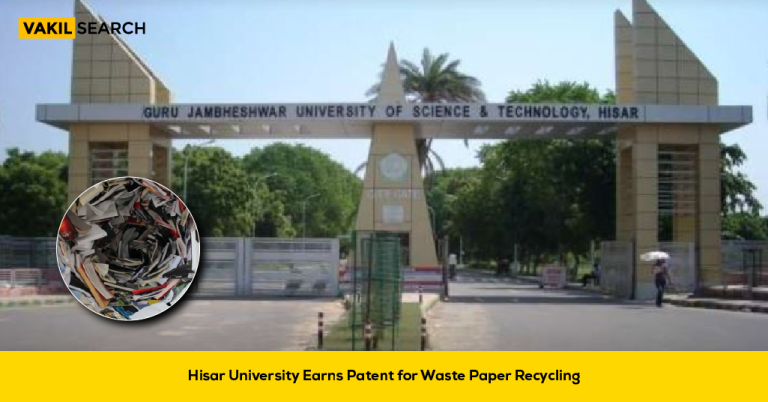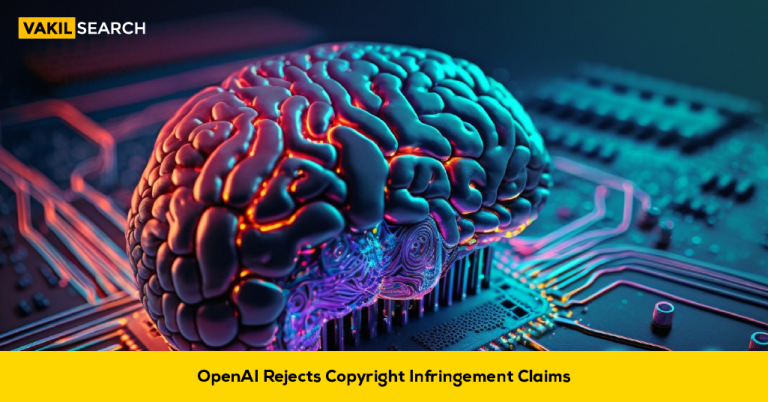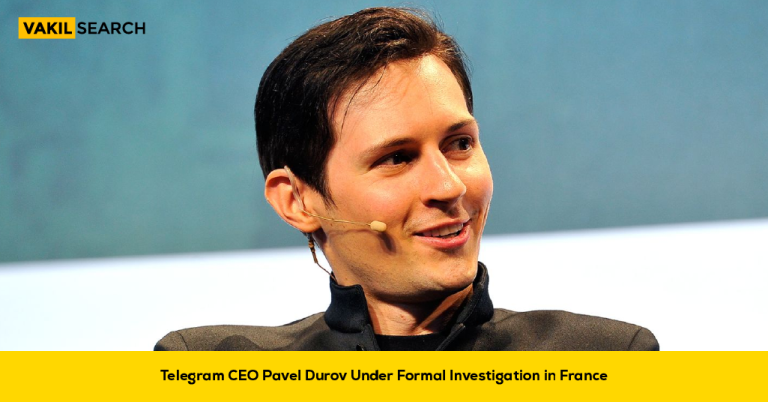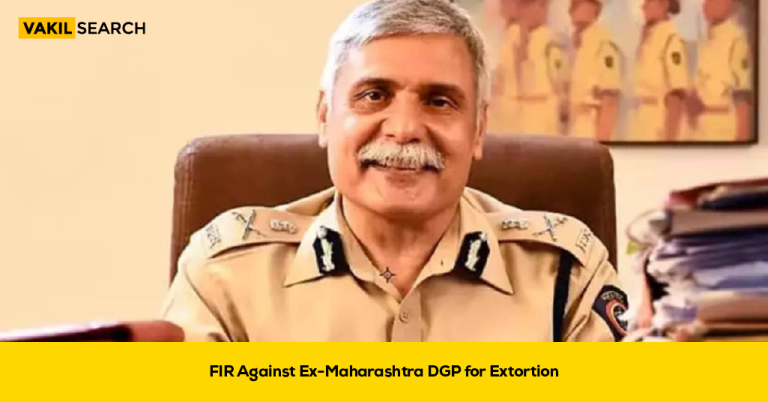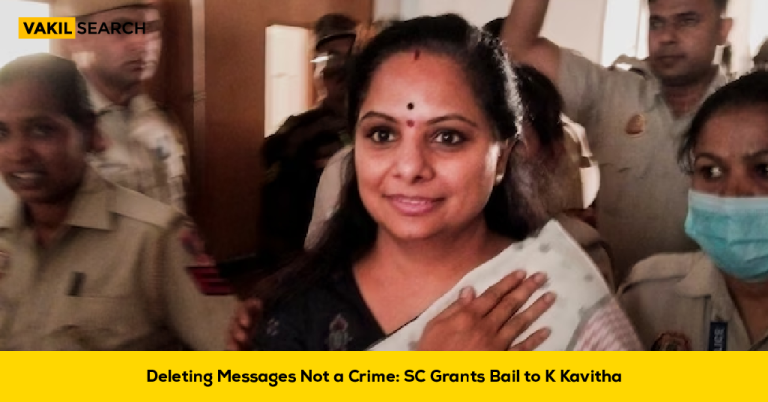Zerodha co-founder Nithin Kamath has voiced his support for the government’s initiative, highlighting the significance of displaying calorie and carbohydrate information on menus. According to a report in The Economic Times, the Food Safety and Standards Authority of India (FSSAI) is preparing to enforce regulations on restaurant chains with 10 or more outlets that have yet to include nutritional information on their menus. This regulation, which was originally implemented in July 2022, could significantly affect thousands of restaurants across the country that are non-compliant.
Kamath suggests that presenting calorie and carbohydrate data as a percentage could make it more understandable, thus promoting healthier eating habits among Indians. In his post on X (formerly Twitter), he stated, ‘Seeing calories, protein, carbs, etc., on a menu is a good start. Ideally, we need to see calories as a percentage of daily calories, proteins, etc. Most Indians don’t yet understand calories, but potentially, they could as a percentage. But yeah, one step at a time, and this mandatory display is a great first step.’
Dietician Suhani Seth Agarwal, Head of Department, Dietetics at Yatharth Super Speciality Hospital, Noida, acknowledges the merits of this initiative but also notes potential drawbacks.
For most people, adding calorie information to restaurant menus is a positive step toward healthier eating habits. It enables consumers to make more informed choices, particularly for those who are conscious of their weight, managing conditions like diabetes, or aiming to maintain a balanced diet. This transparency can help diners control portion sizes and select meals that align with their daily caloric needs, potentially leading to better public health outcomes.
However, focusing too much on calorie counts can have negative effects, especially for individuals with eating disorders or an unhealthy obsession with calorie counting. Seth points out that this emphasis on numbers may lead people to prioritise calorie reduction over nutritional quality, potentially avoiding nutrient-dense foods simply because they are higher in calories. Additionally, the constant visibility of calorie numbers could increase food anxiety, leading to a restrictive mindset and a strained relationship with food.
While calorie labelling can be a useful tool for those with specific health conditions or dietary goals, it should be part of a broader nutritional approach, rather than the sole focus.
In light of the Food Safety and Standards Authority of India (FSSAI) enforcing new regulations on displaying calorie and carbohydrate information on menus. The move is generally seen as positive, it also brings potential challenges, such as the risk of an overemphasis on calorie counts leading to unhealthy food choices or anxiety.
Navigating regulatory changes and ensuring compliance with new standards can be complex. Vakilsearch offers expert legal support to help businesses adapt to these regulations seamlessly. Our experienced professionals provide tailored guidance to ensure your business meets FSSAI requirements efficiently while addressing any potential drawbacks in the new regulations.


